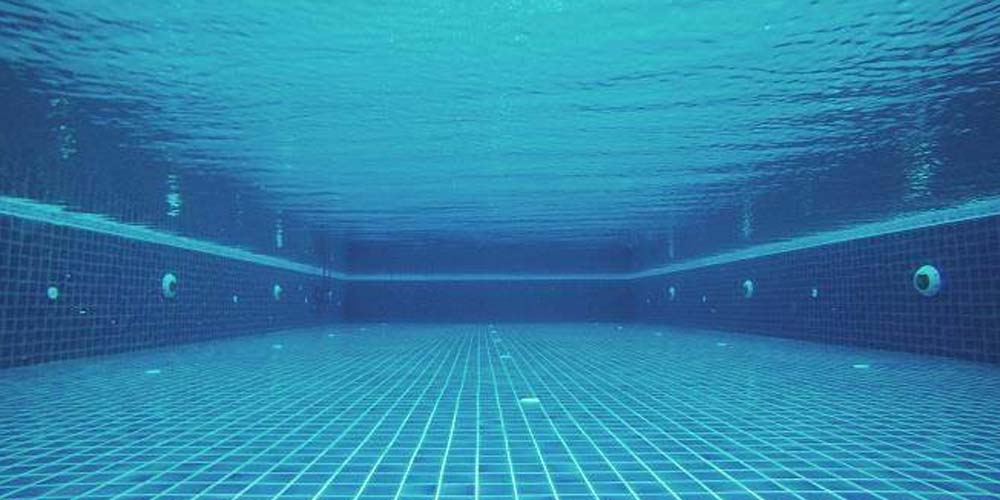Thechlorine ea letamoHangata re bua ka sona hangata se bua ka sebolaya-ditwatsi sa chlorine se sebediswang letamong la ho sesa. Mofuta ona wa sebolaya-ditwatsi o na le bokgoni bo matla ba ho sebolaya-ditwatsi. Dibolaya-ditwatsi tsa letamo la ho sesa tsa letsatsi le letsatsi hangata di kenyeletsa: sodium dichloroisocyanurate, trichloroisocyanuric acid, calcium hypochlorite, sodium hypochlorite (e tsejwang hape e le bleach kapa chlorine e metsi). Ha o kgetha sebolaya-ditwatsi kamora ho ba le letamo la hao la ho sesa, o tla boela o fumane hore ho na le mabitso a fapaneng a dikhemikhale le mefuta e fapaneng mmarakeng. Jwale o kgetha jwang?
Bakeng sa dibolaya-ditwatsi tse fapaneng tsa chlorine tse rekiswang, mohlomong ho na le mefuta e meraro e fapaneng: di-granule, matlapa le diedi. Ka nako e ts'oanang, e arotsoe ka chlorine e tsitsitseng le chlorine e sa tsitsang ho latela hore na ho na le stabilizer.
Ntle le ho hlahisa asiti e fokolang, chlorine e tsitsitseng e boetse e hlahisa asiti ea cyanuric kamora ho hydrolysis. Asiti ea cyanuric e ka sebelisoa e le sesebelisoa sa ho tsitsisa chlorine ho etsa hore chlorine e tšoarelle nako e telele esita le letsatsing. 'Me chlorine e tsitsitseng e bolokehile haholoanyane, e bonolo ho e boloka, 'me e na le nako e telele ea ho boloka.
Chlorine e sa tsitsang ha e na cyanuric acid, 'me chlorine e tla lahleha kapele letsatsing. Ka hona, sebolaya-mafu sena sa setso se loketse feela bakeng sa tšebeliso ea ka tlung. Haeba se sebelisoa letamong le bulehileng, ho hlokahala hore ho eketsoe cyanuric acid e eketsehileng.
Asiti ea Trichloroisocyanuric
Hangata asiti ea Trichloroisocyanuric e tla ka mokhoa oa matlapa, li-granule, kapa phofo. Asiti ea Trichloroisocyanuric ke chlorine e tsitsitseng 'me ha e hloke CYA e eketsehileng. 'Me bongata ba eona bo sebetsang ba chlorine bo fihla ho 90%. Matlapa a asiti ea Trichloroisocyanuric a ka lokolla chlorine butle-butle 'me a sebetsa hantle haholoanyane. Ka hona, hangata a sebelisoa lisebelisoa tsa ho lekanya letamo la ho sesa kapa li-floating. Bulela feela sistimi ea potoloho ea mali 'me u e lumelle hore e qhibilihe butle-butle ka ho lekana letamong la ho sesa.
Sodium dichloroisocyanurate
Sodium dichloroisocyanurate ke chlorine e tsitsitseng mme e ka qhibiliha kapele, kahoo hangata e qhibiliha ka setshelong ka sebopeho sa di-granule ebe e tshelwa ka letamong la ho sesa. Ka kakaretso, ha ho hlokahale CYA e eketsehileng.
E na le chlorine e ngata haholo, pakeng tsa 60-65%, kahoo ha o hloke ho hongata haholo ho eketsa boemo ba sebolaya-ditwatsi. Mme boleng ba yona ba pH ke 5.5-7.0, e leng haufi le boleng bo tloaelehileng (7.2-7.8), kahoo ho tla hlokahala sesebelisoa se fokolang sa ho lokisa pH kamora ho e lekanyetsa. Mme sodium dichloroisocyanurate e ka sebediswa bakeng sa chlorine shock ya letamo la ho sesa.
Hypochlorite ea calcium:
Khalsiamo hypochlorite e na le chlorine e ngata ea 65% kapa 70%. Ho tla ba le lintho tse sa qhibiliheng ka mor'a hore khalsiamo hypochlorite e qhibilihe, kahoo ho hlokahala hore u eme metsotso e mashome 'me u sebelise supernatant feela. 'Me calcium hypochlorite e tla eketsa calcium thatafalo ea metsi. Haeba calcium thatafalo e phahame ho feta 1000 ppm, e tla .
Metsi (e leng bleach water-sodium hypochlorite)
Ke sebolaya-ditwatsi sa setso. Ho sebedisa chlorine e metsi ho bonolo jwalo ka ho tshela mokelikeli ka hara letamo la hao le ho o dumella ho potoloha letamo lohle. O hloka ho hlahloba maemo a pH a letamo kaha chlorine e metsi e baka keketseho e potlakileng ya pH.
Chlorine e metsi e hloka ho sebelisoa kapele kamoo ho ka khonehang kamora ho rekoa hobane mokelikeli o ka botlolong o tla lahleheloa ke boholo ba chlorine e fumanehang ka likhoeli tse 'maloa.
Tlhaloso e ka holimo ke e qaqileng ea lik'hemik'hale tsa li-chlorine tsa letamo la ho sesa. Khetho e ikhethileng e itšetlehile ka mekhoa ea letsatsi le letsatsi ea tšebeliso le ts'ebeliso ea mohlokomeli oa letamo. Joaloka moetsi oa li-antiseptic tsa letamo la ho sesa, ha re nahana ka boiketlo le polokeho ea polokelo le ts'ebeliso, re khothaletsa sodium dichloroisocyanurate le trichloroisocyanuric acid.
I hope it can be helpful to you. If you have any needs, please contact sales@yuncangchemical.com
Nako ea poso: Phupu-24-2024


